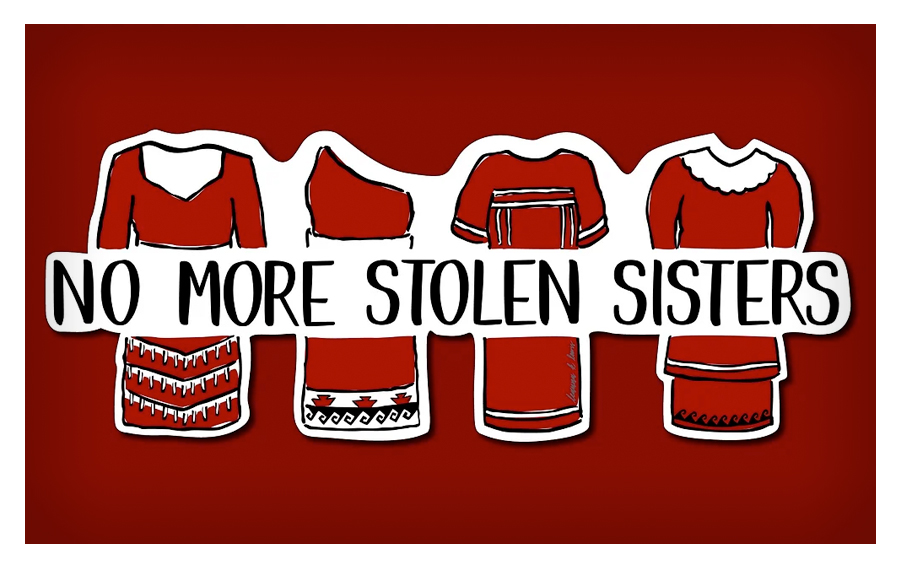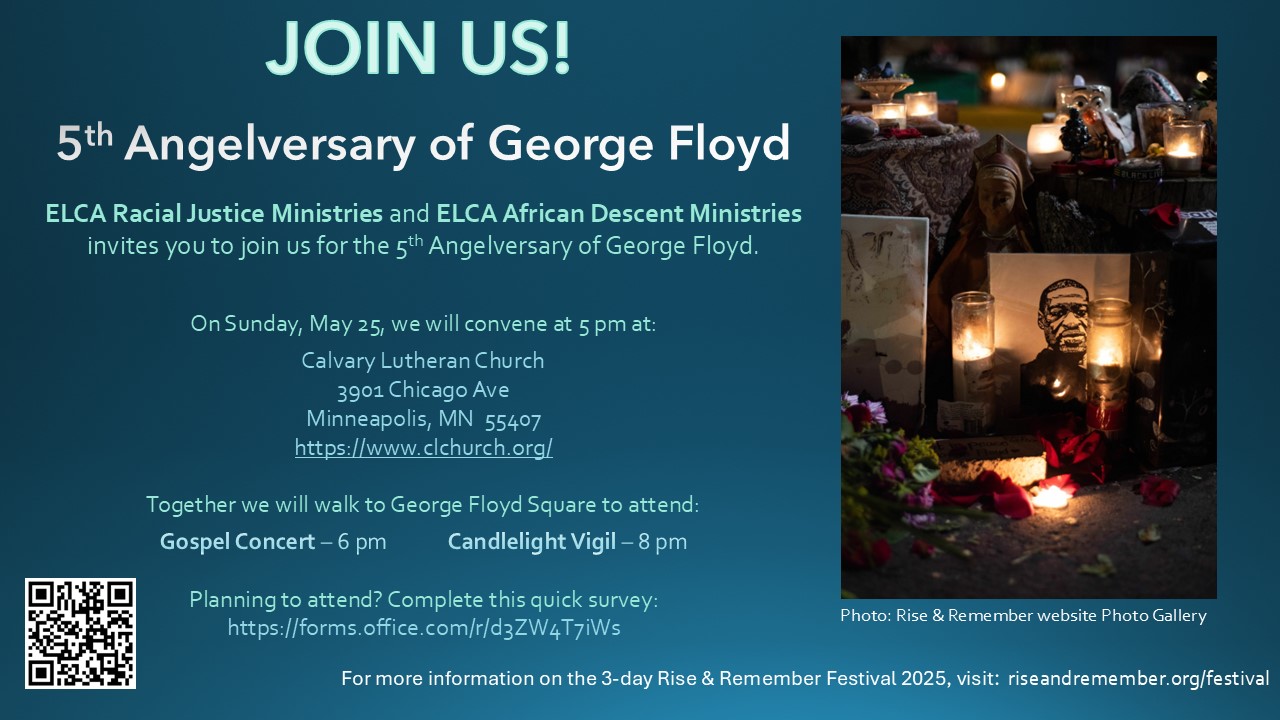Raise your hand if you saw a black person on campus today.
My peers and I exchanged apprehensive looks with each other as our professor opened his first lecture, on the first day of the semester, with this command. The course, “Anthropology of Race and Science,” filled a seminar room, twenty-five of us sitting around a large table, eyes focused on the faux wood table in front of us as we avoided eye contact with each other and with him. He asked again and hands were tentatively raised, faces lined with discomfort and apprehension.
Alright, now let’s talk about why that was so difficult.
From here, the tone of our semester was set and I spent fifteen weeks facing uncomfortable truths and challenges to my conceptions about the world around me.
In the anthropological world, race is no longer talked about as a biological difference among people as it once was in previous days of academia. Rather, it is discussed as what it is: a socially constructed category that holds value not because of some innate difference between peoples, but rather because we, as a society, have given value to it. Labeling something as a social construct does not mean that it lacks value or should flippantly be dismissed. I’ve seen this happen all too often on Facebook within the comments that people write on posts (I strongly recommend everyone stay away from reading these—it never ends well).
People often comment how “Well that (whether its race, gender, sexuality, etc.) is just a social construct” as if in some way, this dismisses the legitimacy of what social constructions do within society.
Yes, race is a social construct. And yes, race is very uncomfortable to talk about.
And yes, this is exactly why it is something we must talk about and why we must do something about it. Race is a social construct and it has been socially constructed in ways that create inequalities in our society. These inequalities are maintained through unequal access to healthcare or affordable housing. They are created by wage gaps and the criminal justice system. And they are enforced through the advantages that one group has over another.
I think most of us have no problem seeing the racism of the past century. But I also think most of us have a really hard time seeing the racism of today—the racism that allows these inequalities to persist.
When I was in Anthropology of Race and Science, I found myself confronted with these issues. And to be honest, I didn’t really want to talk about it. It was uncomfortable and difficult and I often left class feeling angry or hopeless. But it also helped me to see how racism effects people of color today. Our classroom was split about evenly: fifty percent were people of color and fifty percent were white. Our understanding of race in America today came from the first-hand experiences of our peers.
Racism isn’t over. It didn’t stop with the end of slavery or with the civil rights act or when we elected Barack Obama. Racism in America is still a very present thing. My place is not to speak for people of color as to how racism affects them. My role is to lift up and affirm their voices.
However, that doesn’t mean that I can’t, or that I don’t have to, say something. Whatever my place in society, I am a part of it. And therefore, I participate in the systems that create it. So, what I can say is this:
I am privileged. I am privileged because of my socio-economic class. I am privileged because of my gender. And I am privileged because I am white.
It’s a challenging thing to be confronted with such a proposition.
I am white and therefore, because of my whiteness, I have had opportunities and experiences that others do not. White privilege doesn’t claim that white people don’t work hard or that we are simply handed things left and right. It doesn’t claim that generations before us didn’t work hard, sacrifice, and skimp and save to allow us to be at the position that some of us are in.
What it does claim is that these barriers to success—the ones that our parents and their parents and so on had to work through to get to where they are—these barriers are not as high as they are for those that aren’t white.
Acknowledging my white privilege, took work. It didn’t happen overnight or with a sudden epiphany. It was a slow and continual process. Personally, I think one of the most important things we, as white people, must do is listen to the voices of people of color. We must seek out ways to affirm those that are often spoken over and find ways to use our privilege to do so. My white privilege gives me a unique opportunity because it means that once I’ve done the hard work that life requires, I’m not confronted with yet another barrier that I must overcome simply because of the color of my skin. As much as I’d like to say that I have completely confronted everything that comes with privilege, I haven’t. It’s a process I’m still working through and it’s one I think we all must work actively through.
My white privilege isn’t something I asked for or something bad that I’ve done. And it isn’t something that I can be judged for having. I know that as Christians, our hearts bleed for the inequalities of this world. We ache to heal and to reconcile; to give and to love. Our faith calls us to love like Jesus. To live our lives in a way that makes sure that people know we are Christian because the way that we love our neighbors is so radically offensive people don’t know what to do with us. And I think a good place to start is with my privilege. I believe that my privilege means that I must use it to do what I can to live in a way that affirms the love that Jesus showed. It means that I must use my voice to create room for people that aren’t often given a voice. And it means that I must continue to work through these issues.
I’m privileged because I’m white and I want to do something with that.
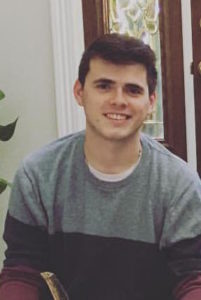
Kevin Tracey recently started the ELCA candidacy process. In the fall, he will begin working towards his Master of Divinity at United Lutheran Seminary in Philadelphia. In April, Kevin graduated with honors from the University of Pittsburgh with a dual degree in Anthropology and Philosophy. He spends most of his time at the bookstore, hiking and kayaking with his family.


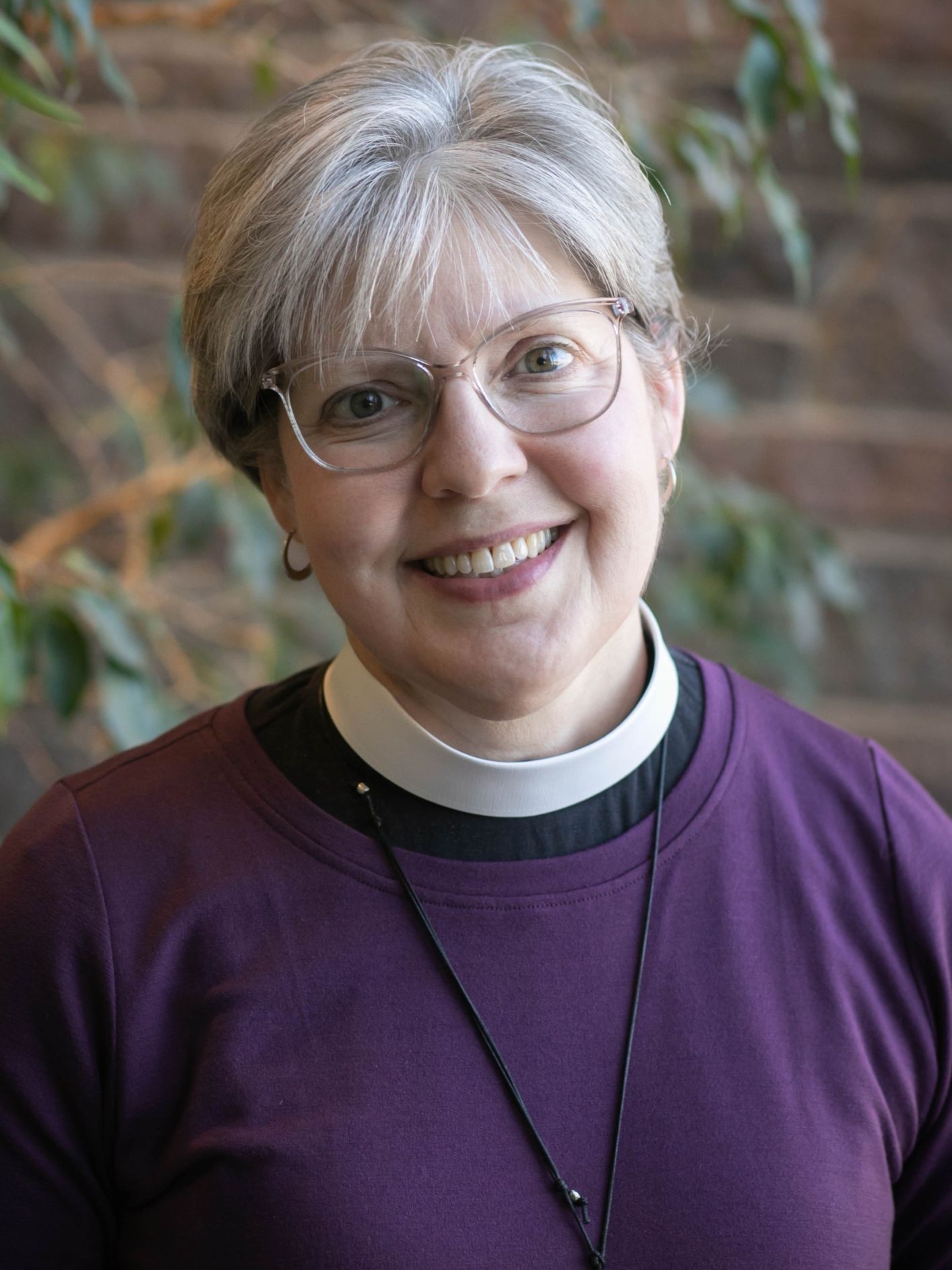 By Bishop Jen Nagel
By Bishop Jen Nagel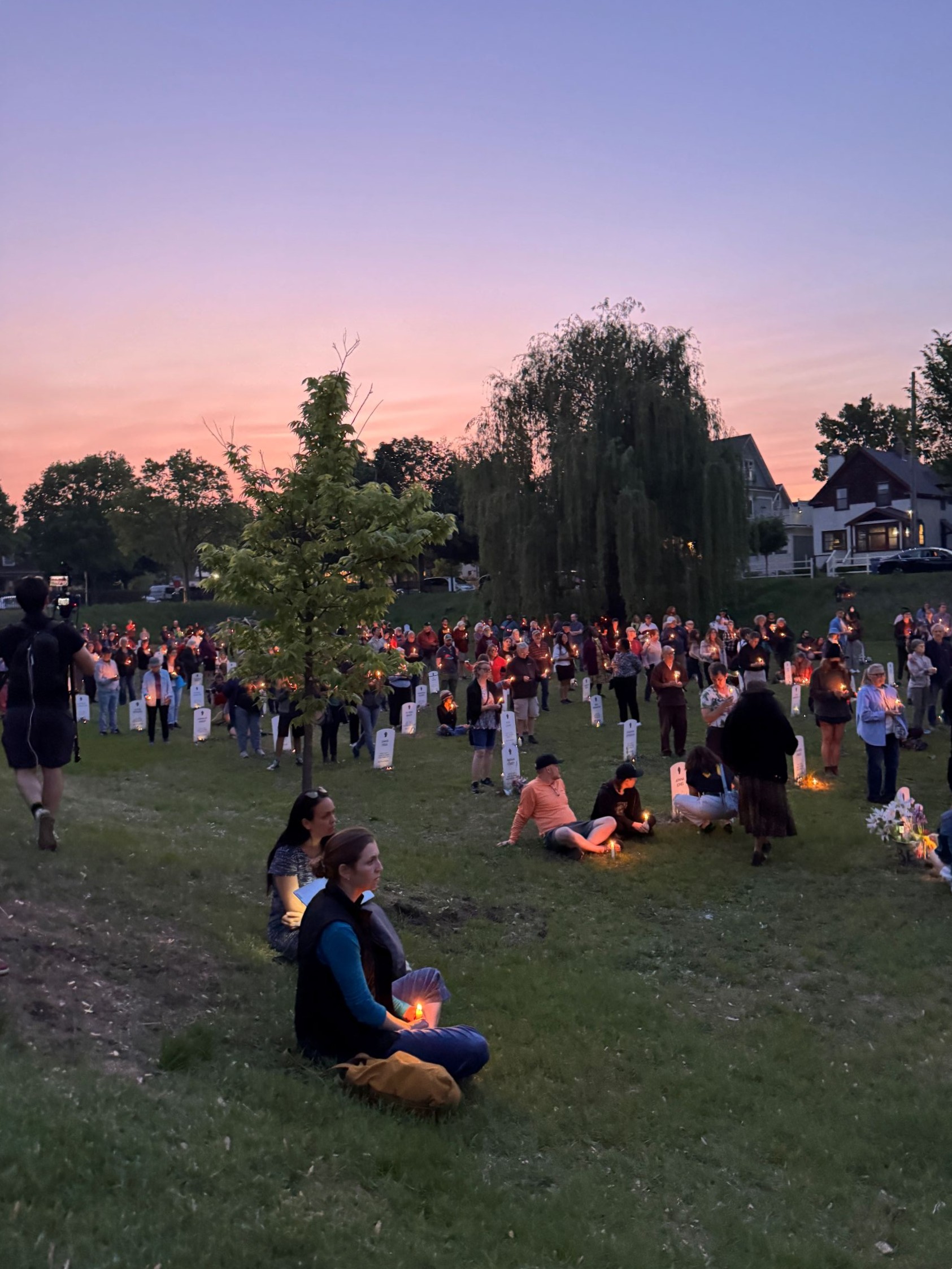
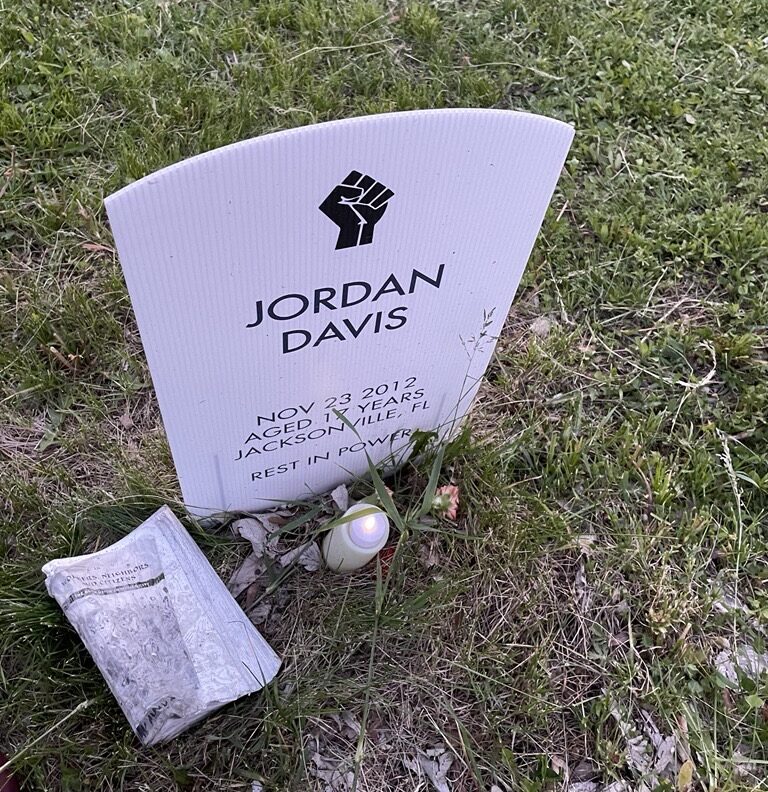 Holding space.
Holding space. 